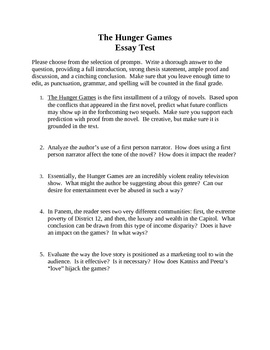Essay on Archimedes and The Principle of Buoyancy - 1298.
Essay on Archimedes and The Principle of Buoyancy.. The boat floats on the water according to Archimedes Principle which states an immersed object is buoyed up by a force equal to the weight of the fluid it displaces. The force applied downwards by earth’s gravity coupled with the upward force of buoyancy allows the boat to float.
The principles of buoyancy, also known as Archimedes” Principle state that anything completely or partially submerged in a fluid (gas or liquid) at rest is acted upon by an upward, or buoyant, force the magnitude of which is equal to the weight of the fluid displaced by the object.

Archimedes shouted “Eureka!” (I have found it!) and rushed out into the street naked to announce that he had solved the problem. Today the effect he observed is called Archimedes’ Principle. Archimedes’ principle, principle that states that a body immersed in a fluid is buoyed up by a force equal to the weight of the displaced fluid.

Archimedes was so excited by this discovery that he jumped out of his bath and ran naked through the streets yelling, “Eureka, Eureka!! meaning, I have found it. Archimedes had discovered that a body immersed in a fluid displaces its weight of fluid. This principle in turn helped Archimedes prove that the gold wreath was not solid gold.

Archimedes Principle. Archimedes principle is the general principle of buoyancy. The Archimedes principle states that “when an object is completely or partially immersed in a fluid, the fluid exerts an upward force on the object equal to the weight of the fluid displaced by the object”. (4).

Archimedes is believed to have been born in 287 B. in Syracuse, Sicily, and died in 212 B. His father was Phidias, who was an astronomer. We would know more about his life if his biography, written by his friend Hercleide, had not been lost (Archimedes of Syracuse. groups). The information we.

The principle that the net fluid force on a body submerged (or floating) in a stationary fluid is an upward force equal to the weight of the fluid displaced by the body. This concept, perhaps the oldest stated principle in fluid mechanics, was first put forth by Archimedes in the third century B.C. In a static fluid, the weight of the fluid.

Archimedes’ principle states that the buoyant force on an object equals the weight of the fluid it displaces. Specific gravity is the ratio of the density of an object to a fluid (usually water). Conceptual Questions. More force is required to pull the plug in a full bathtub than when it is empty. Does this contradict Archimedes’ principle.

Archimedes' principle deals with the forces applied to objects by the fluids around that object. This applied force reduces the net weight of any object in a fluid, whether it be a liquid or a gas.

Archimedes’ Principle Experiment Essay Sample. Sophomore students from Occupational Therapy in De La Salle Health Sciences Institute had conducted an experiment concerning Archimedes’ Principle to determine the density of solids and liquids using Archimedes’ Principle.

Top 15 Interesting Facts about Archimedes. Archimedes was born around 287 BCE in the town of Syracuse in Sicily and he lived there until his death around 212 BCE. Archimedes is famous for his contribution to the world of mathematics, specifically geometry, and is regarded as one of the greatest mathematicians who ever lived.

Archimedes Principle essay. Place an order. Archimedes’ principle states that a body that has been immersed in a fluid is buoyed up by a force that is said to b equal to the weight of the fluid that has been displaced. This principle is applicable to both submerged and floating bodies and to all fluids in general. Fluids here refer to both.

Archimedes Principle states that objects in a specific medium (i.e. air or water) experience an upward force known as buoyant force. In order for something to stay afloat, this force must be equal in magnitude or in the case of lift with a hot-air balloon, greater than, the weight of the volume displaced by that object.. The Essay on Force.



